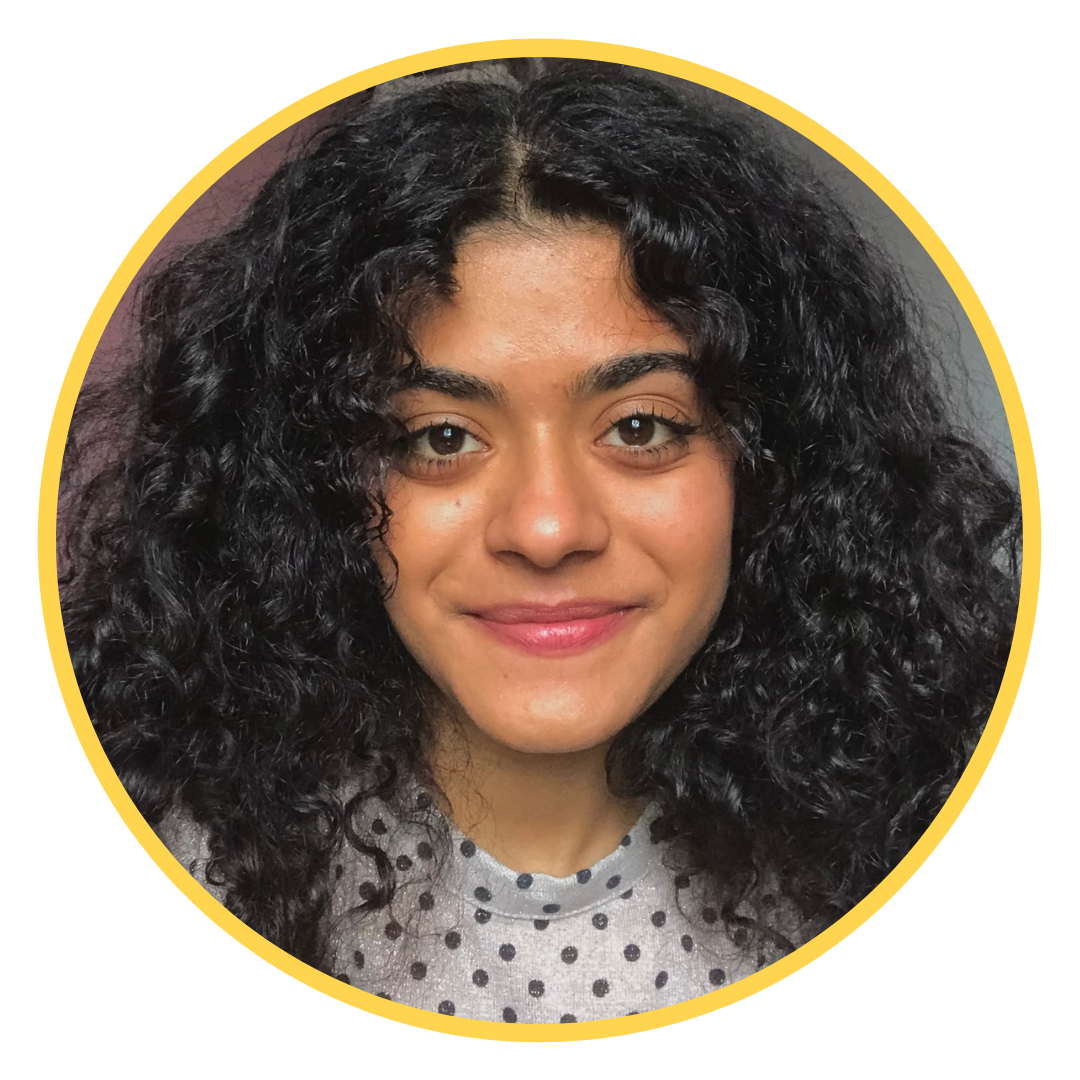Shifting thinking of global warming as a ‘future' problem to a ‘now’ problem

Ailin Jalili is a Health Sciences student in her 3B term and one of the participating Waterloo students in the Climate Connect program. Here is what she had to say about her experience.
Estimated reading time: 2 minutes
Like many others, I find it alarming the changes our planet is undergoing in response to the climate crisis and I am concerned for so many reasons. I am concerned for the fate of less fortunate countries as I believe that they will be receiving the worst effects much quicker. I am also concerned that many large-scale companies and factories are convincing the general population that most of the consequences of climate change are on us, and that by sipping through metal straws we will solve this climate problem, when in fact, they are seeping tons of pollution into the air everyday, contaminating our earth and its inhabitants. Finally I am concerned that climate action is being met with violence. I come from Iran, a place that is beautiful in culture, however it's also corrupt in a million different ways. Recently, it has been experiencing more droughts than usual. When combined with mismanagement on the governments part, we have seen people protesting the scarcity of water, only to be met with violence. For these reasons, I joined Climate Connect to gain a better understanding of what we can do to shift our way of thinking of global warming as a ‘future’ problem to a ‘now’ problem.
Throughout this program I gained a deeper understanding of what the Conference of the Parties (COP26) to the United Nations Framework Convention on Climate Change (UNFCCC) is, as I previously did not know this existed. For our discussion about COP26 with our peers from around the world, the Waterloo cohort and I recorded a video discussion about the topic where I reflected on the things that our global leaders promised (and didn’t promise).
I think the most valuable piece of information I retained is how similar the views towards the climate crisis are across the world. No matter where we are, there is a mutual agreement of the urgency for action and change. I learned that empty promises are made by global leaders everywhere, and that many of the changes that do occur is because of regular people who stand up and demand for it.
I believe that everyone should attend a program such as this one, to emphasize how rapidly our lives are changing because of the climate crisis and because many people believe that global warming and its effects are far into the future. I also think that this program gets rid of the ‘every person for themselves’ kind of mindset, to help people become more connected and understand that they are not alone. It creates a space for individuals to come up with ideas as to what they can do within their communities to help others become more eco-friendly in their own capacities.
Climate Connect is a collaboration between six universities across four continents to promote international networking across student and academic career stages, and to create space to share and learn about diverse perspectives on sustainability and how the climate crisis and responses to it are being experienced from one region to another.